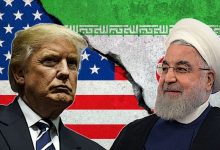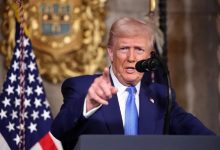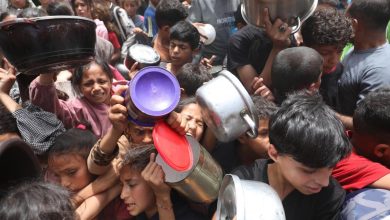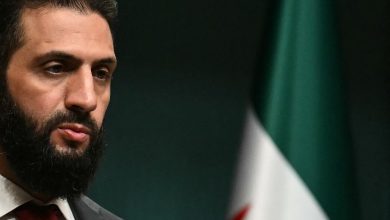Iran Threatens Nuclear Response as Tensions with Trump-Era U.S. Soar
An advisor to Supreme Leader Khamenei hints at revoking Iran’s nuclear fatwa, warning of a possible atomic strike if faced with an existential threat—raising global fears of a new Middle East confrontation.
Watan-In a dangerous escalation reflecting the intensifying tensions between Tehran and Washington, Iranian officials have issued threats to use nuclear weapons if the United States, under President Donald Trump, continues its military threats.
The most striking statement came from an advisor to Supreme Leader Ali Khamenei, who hinted that Iran might be forced to revoke the 2003 fatwa prohibiting the use of nuclear weapons. He stated:
“Our nuclear weapon may become permissible if we face an existential threat.”
Iran’s response followed Trump’s renewed threats, in which he once again raised the prospect of military action, referencing B-2 bombers and stealth aircraft. He stressed that Tehran would not survive a devastating strike if it failed to agree to a new nuclear deal. While the White House prepares for a tougher negotiation phase, Tehran appears determined to break with past rules and respond with force.
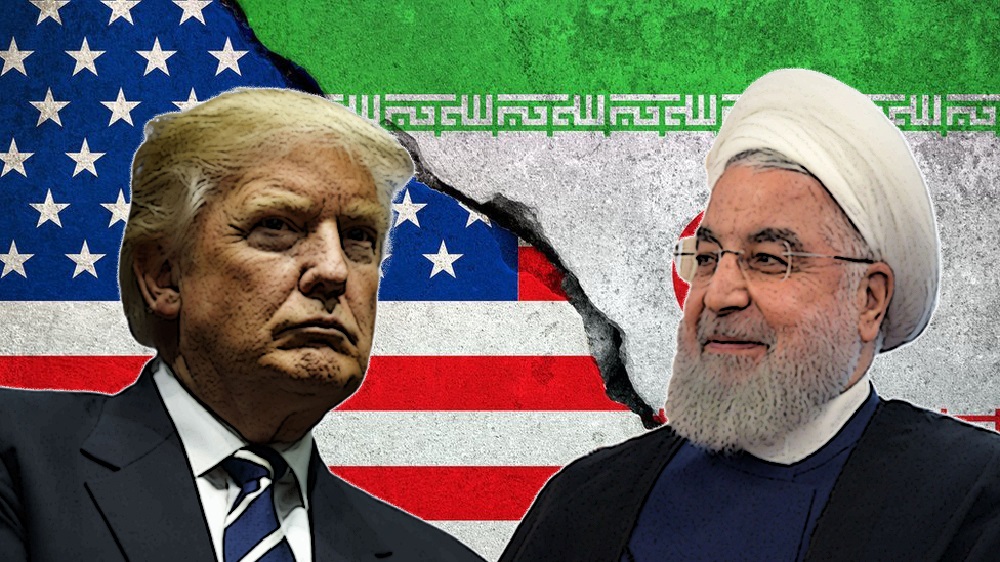
Nuclear Warning and Rising Stakes
What’s particularly notable about this escalation is that the threats extended beyond land-based targets to strategic naval bases, such as Diego Garcia in the Indian Ocean. The Revolutionary Guard labeled it a legitimate target in the event of a surprise attack by Washington or London.
The possibilities remain open: Is this just electoral posturing from Trump, or are we on the brink of a confrontation that could redefine the rules of engagement in the Middle East?
In any case, the return of nuclear weapons talk in Tehran signals that peace is no longer the only item on the table — and that war could come knocking at any moment.
Amid this tense backdrop, global attention turns to Vienna and New York, where diplomacy is expected to race against the momentum of military escalation. Until then, the critical question remains:
Who will fire the first shot?

